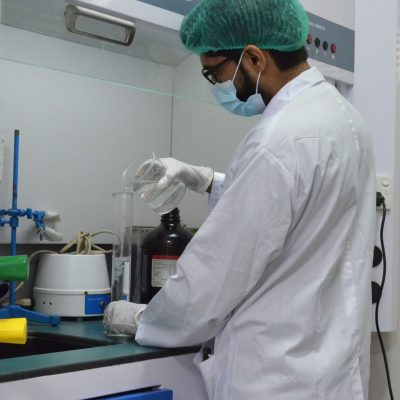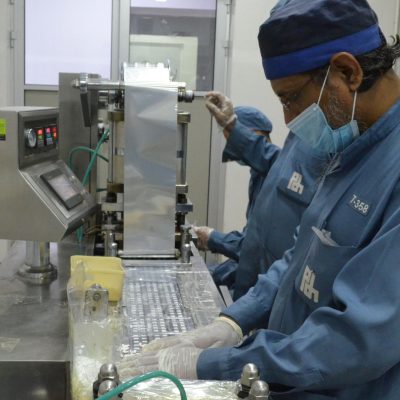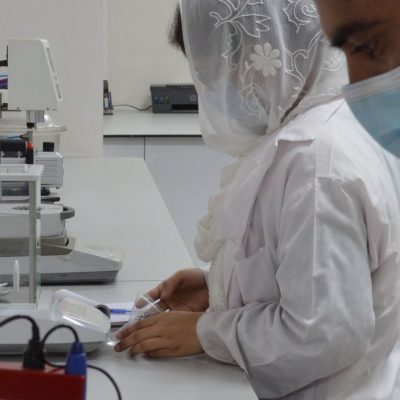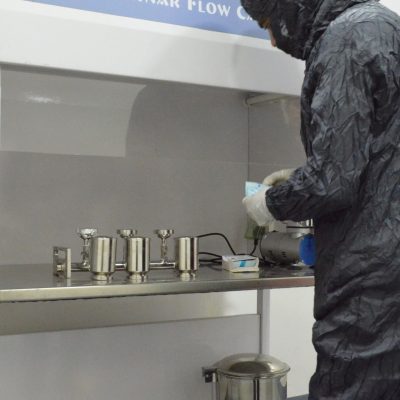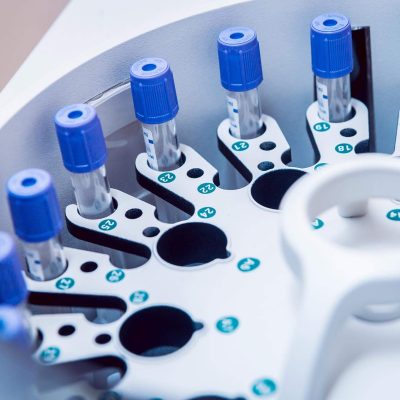The Issues
Chronic pain remains a challenging global health concern, affecting millions of individuals and significantly impacting their quality of life. Conventional pain management methods, such as opioids, have been associated with adverse side effects and the risk of addiction. Thus, there is an urgent need for alternative therapeutic approaches that can effectively alleviate chronic pain while minimizing the potential for dependency and adverse effects. Addressing this issue requires innovative drug research to discover novel compounds with improved efficacy, safety profiles, and non-addictive properties.

The Approach
In our drug research, we are adopting a multifaceted approach to tackle chronic pain management. Leveraging advances in pharmacology and biomedical sciences, we are exploring new avenues for pain relief by targeting specific pain receptors and signaling pathways. Through rigorous in vitro and in vivo studies, we are screening a diverse library of compounds to identify potential candidates with enhanced analgesic properties. Additionally, we prioritize collaboration with leading experts and institutions in pain research to harness collective expertise and foster interdisciplinary insights.
The Benefits
Our drug research endeavors aim to revolutionize chronic pain management, offering potential benefits that include:
Discovering novel compounds may provide more potent and targeted pain relief, offering better symptom management and improved patient outcomes. By focusing on non-addictive compounds, we aspire to mitigate the risk of dependency and minimize adverse effects, ensuring safer long-term pain management. Introducing new therapeutic agents diversifies the arsenal of pain management tools, catering to individual patient needs and preferences.
Discovering novel compounds may provide more potent and targeted pain relief, offering better symptom management and improved patient outcomes. By focusing on non-addictive compounds, we aspire to mitigate the risk of dependency and minimize adverse effects, ensuring safer long-term pain management. Introducing new therapeutic agents diversifies the arsenal of pain management tools, catering to individual patient needs and preferences.
Organic acids are metabolic intermediates produced in pathways of central energy production, detoxification, neurotransmitter breakdown, and intestinal microbial activity. Accumulation of specific organic acids in urine often signals a metabolic inhibition or block. This abnormality may be due to a nutrient deficiency.
Organic acids are metabolic intermediates produced in pathways of central energy production, detoxification, neurotransmitter breakdown, and intestinal microbial activity. Accumulation of specific organic acids in urine often signals a metabolic inhibition or block. This abnormality may be due to a nutrient deficiency.
Organic acids are metabolic intermediates produced in pathways of central energy production, detoxification, neurotransmitter breakdown, and intestinal microbial activity. Accumulation of specific organic acids in urine often signals a metabolic inhibition or block. This abnormality may be due to a nutrient deficiency.
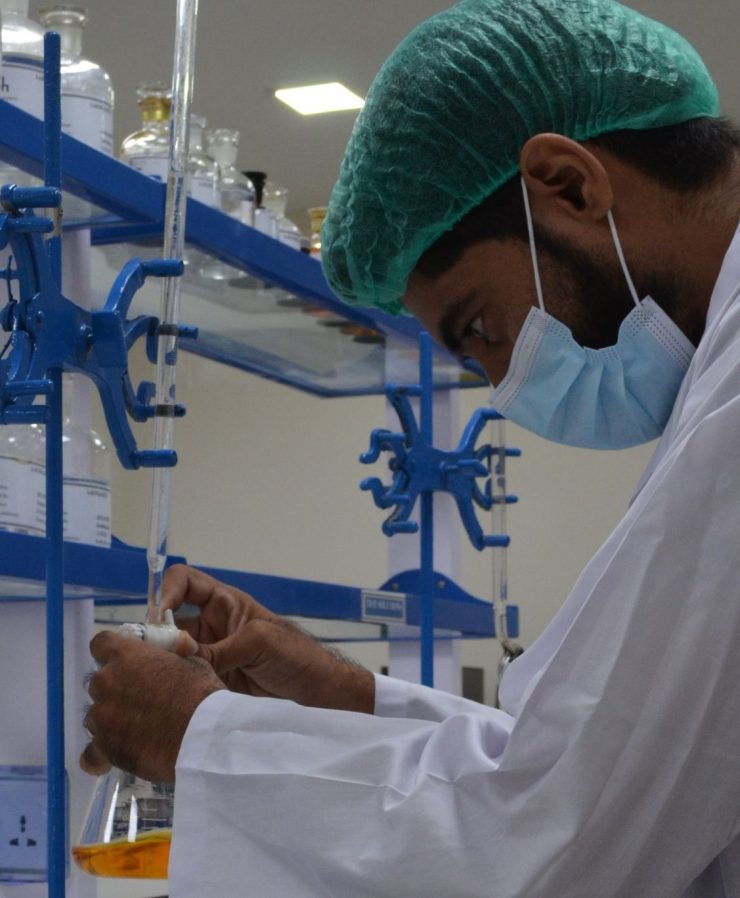
Supporting Our Communities to Build Positive, Safe & Clear Patient Focused Culture.
To evaluate and ensure compliance with established standards, identify areas of excellence and to provide recommendations for improvement.
Patient Centered Care
We work day and night to solve the problems that can help them move forward for those who is seeking answers!
Quality Improvement
Our team typically processes over 3 million patient every month and fifty of the top drugs developed in 2022.
Tips, News & Updates

Driving that Gene, Mutations are Seen Spreading Trait through a New Viral Population
Naturally occurring defense tool for bacteria, had recently been harnessed as remarkably simple and efficient way to edit DNA, this discovery was so remarkable that it...



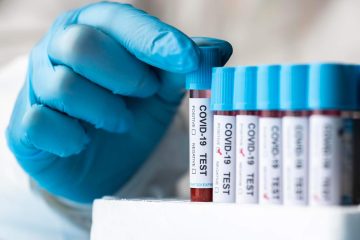
Quick Contact
If you have any questions or need help, feel free to contact with our team.



